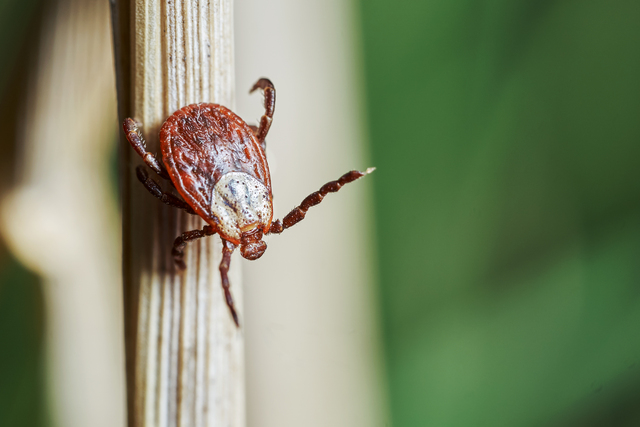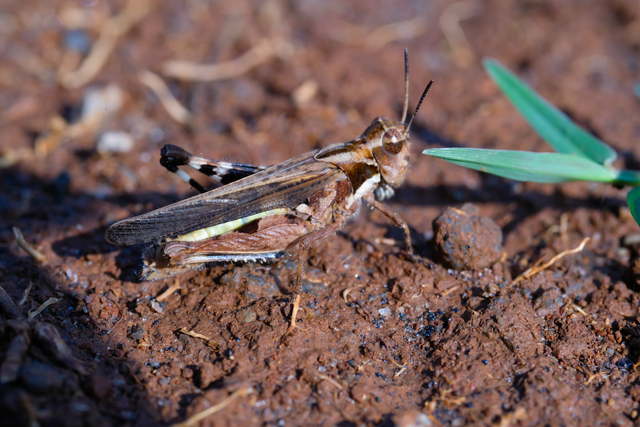Ticks in your home can spread diseases as they feed on their hosts’ blood for several days. When a tick consumes the blood of an animal infected with a bloodborne disease, it also ingests the pathogens. During feeding, the tick’s saliva may enter the host’s skin in small amounts, causing irritation. If the tick carries a pathogen, it can transfer the organism from one host to another through this process.
After feeding, most ticks will detach and prepare for the next stage of their life cycle. Once the tick has fed on its new host a few times, it can transmit any diseases it has acquired.
Top Four Ways to Eliminate and Prevent Ticks
Here are some effective strategies to keep ticks out of your yard:
1. Maintain Your Yard: Avoid letting your yard become overgrown with brush, leaves, and grass. Ticks, along with kids and pets, tend to hide in these areas. Regularly mow your lawn to prevent ticks from finding shady hiding spots.
2. Strategic Placement: Keep compost piles away from playgrounds, decks, and other family areas. Position swing sets, sandboxes, and similar spaces away from trees. Using wide chips or gravel can help keep ticks out of your grass.
3. Inspect Common Hiding Spots: Ticks often take shelter in the crevices of fences, retaining walls, and the outer walls of outbuildings like sheds. Regularly check these areas for ticks.
4. Protect Your Pets: Pets can contract tick-borne infections and bring ticks into your home. Consult your vet for recommendations on year-round tick treatments.
If you find a tick on your property, avoid crushing it (which could spread germs). Instead, flush it or bag it for disposal.
Keep Ticks Out of Your Yard!
A tick infestation in your house is unpleasant and poses risks to your family and pets. To ensure ticks don’t linger in your yard, consider hiring Armor Pest Control for a tick extermination.
134




